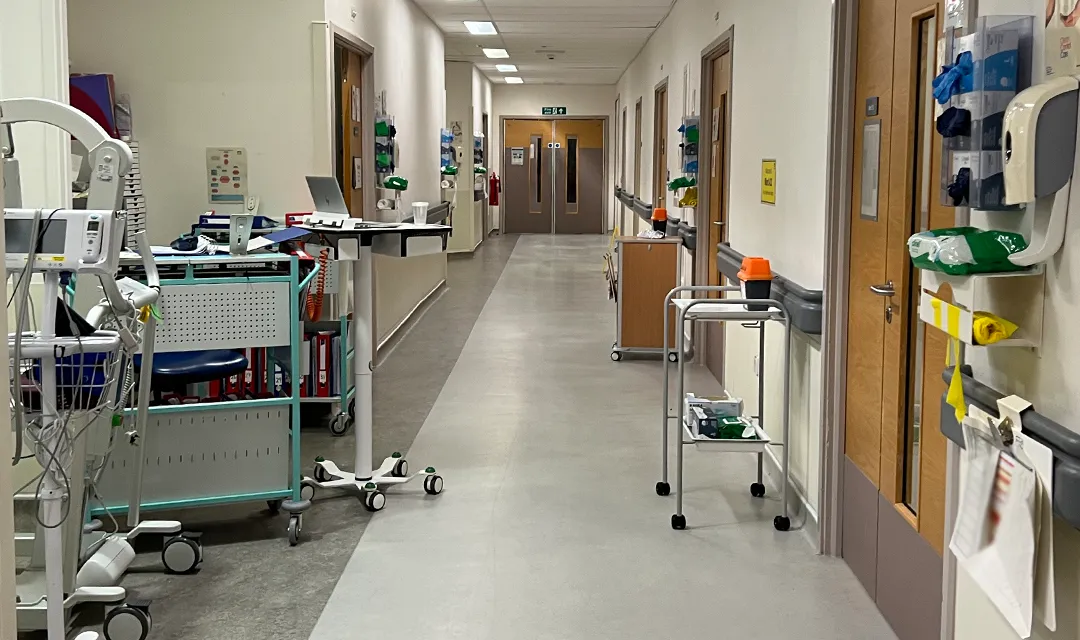

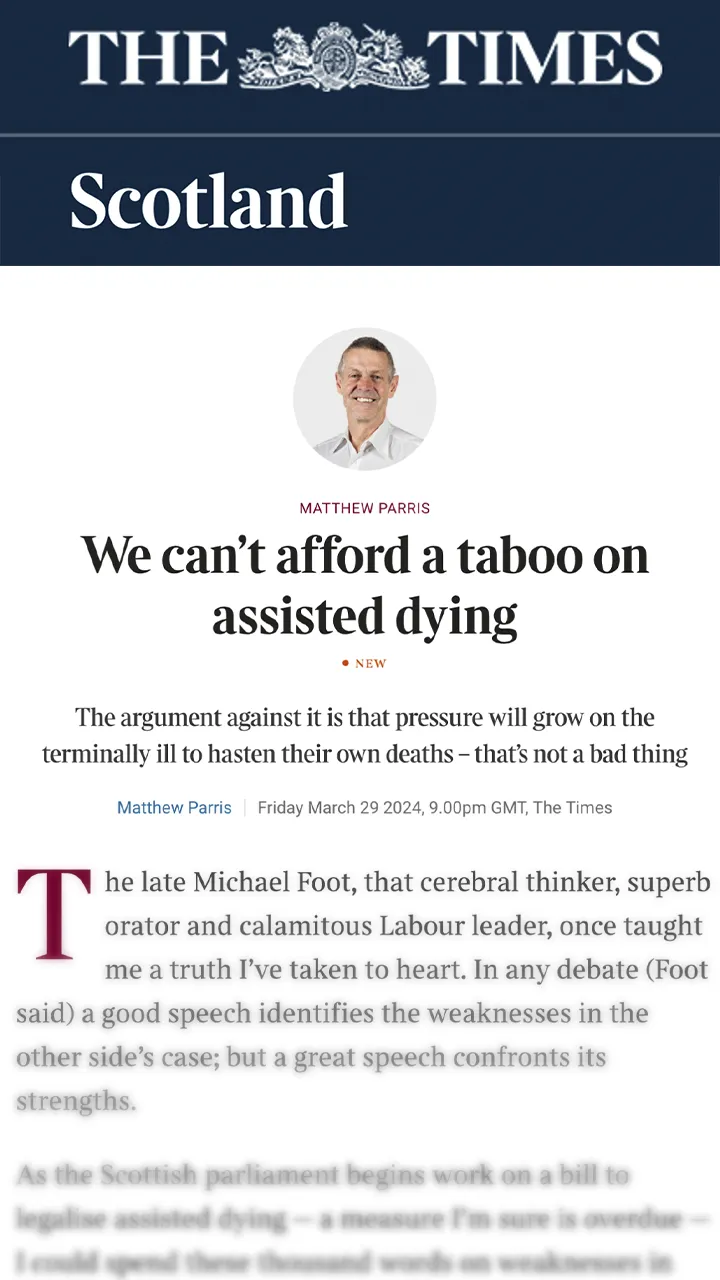

ALLISON DUCLUZEAU
“I would tell Britain to only accept assisted dying when the health service is fixed— otherwise it is a very dangerous step to take. We deserve decent and timely care rather than offers of faster death.”
ALLISON DUCLUZEAU
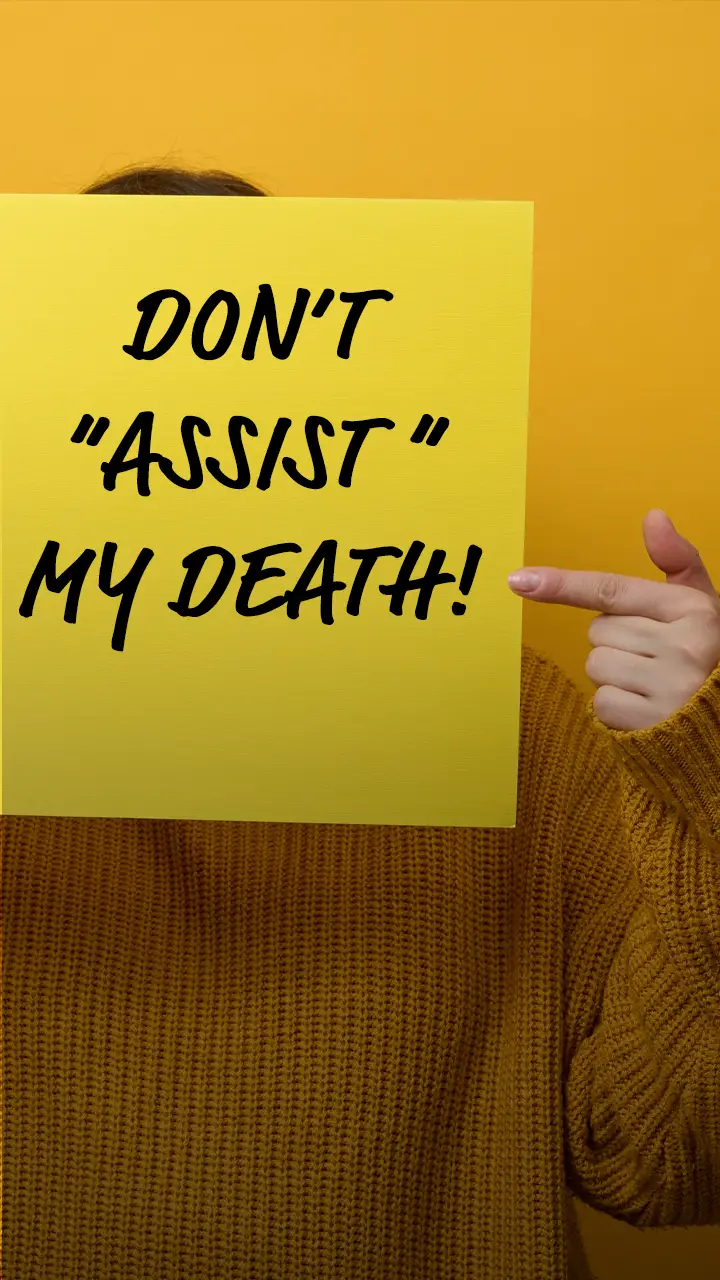

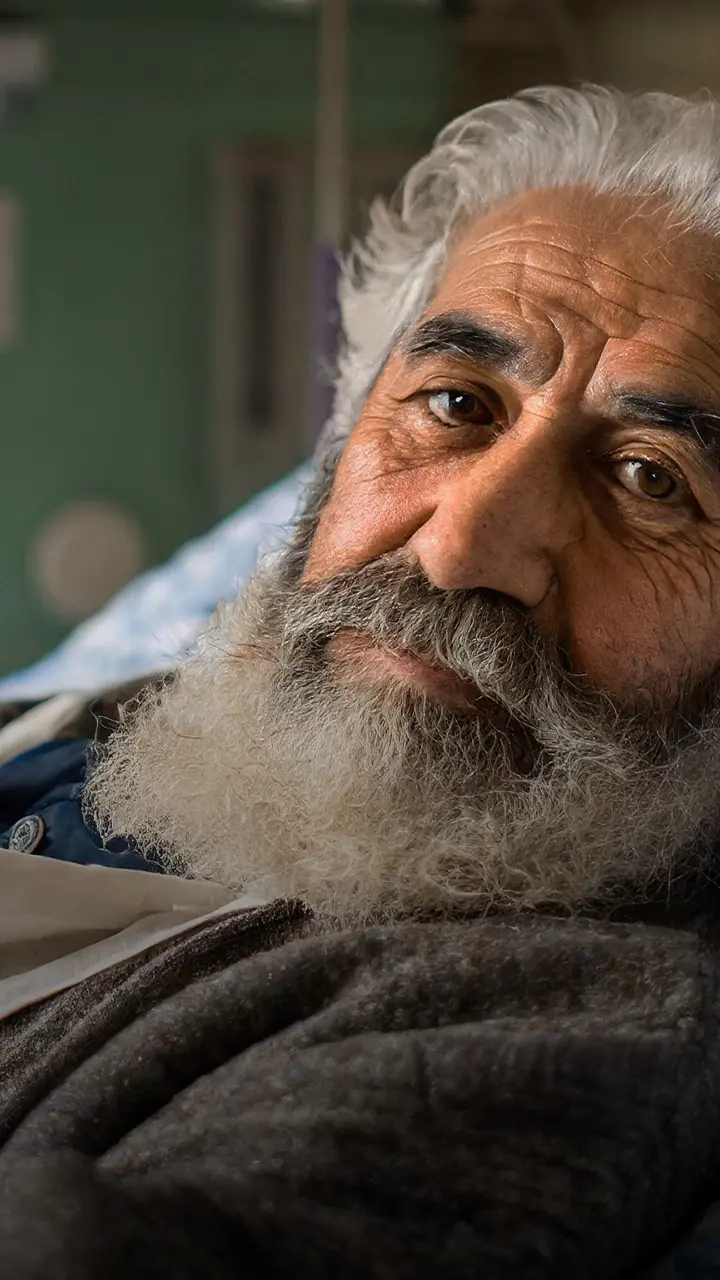
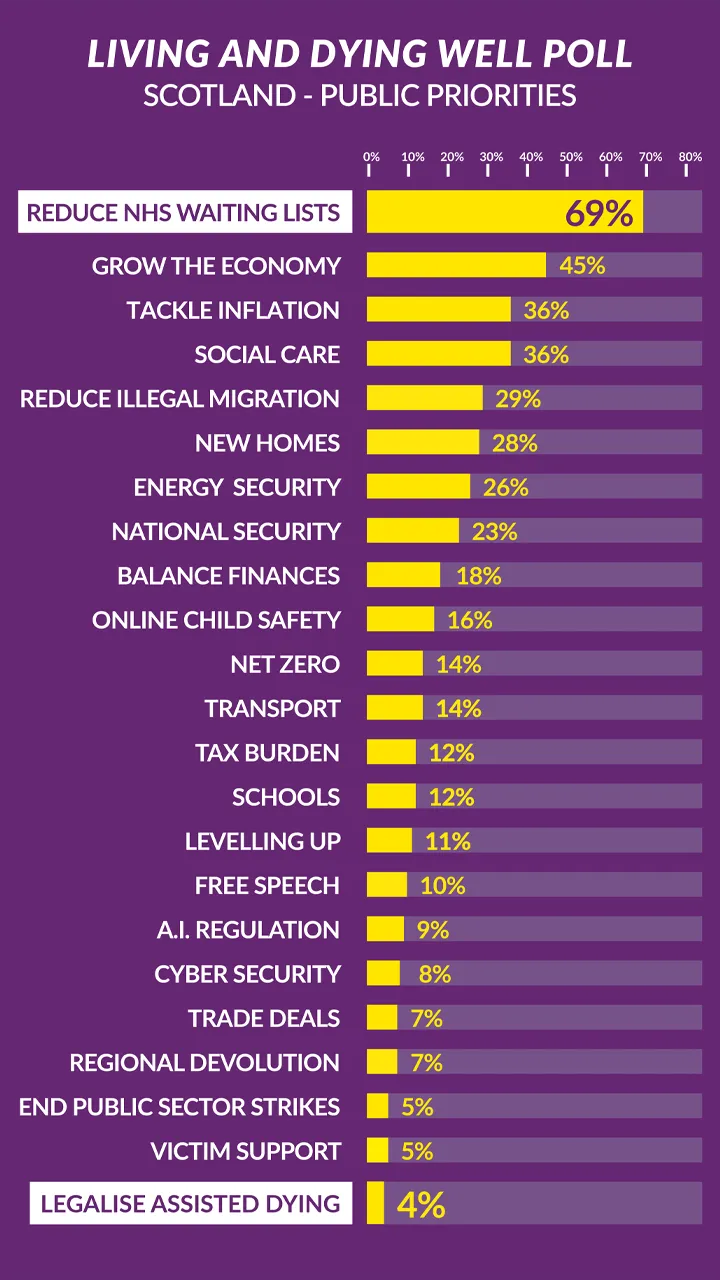


Care Not Killing was set up in 2006 as an alliance of individuals and organisations which brings together disability and human rights groups, healthcare providers, and faith-based bodies, with the aims of promoting more and better palliative care; ensuring that existing laws against euthanasia and assisted suicide are not weakened or repealed; and helping the public to understand the consequences of any further weakening of the law.
Care Not Killing Scotland
6 Marshalsea Road
London SE1 1HL
Media enquiries:
Please contact Tom Hamilton Communications on 07836 603977
Care Not Killing Scotland is a trading name of CNK Alliance Limited, a Limited Company in England and Wales, Company No. 06360578
© CARE NOT KILLING SCOTLAND - All rights reserved